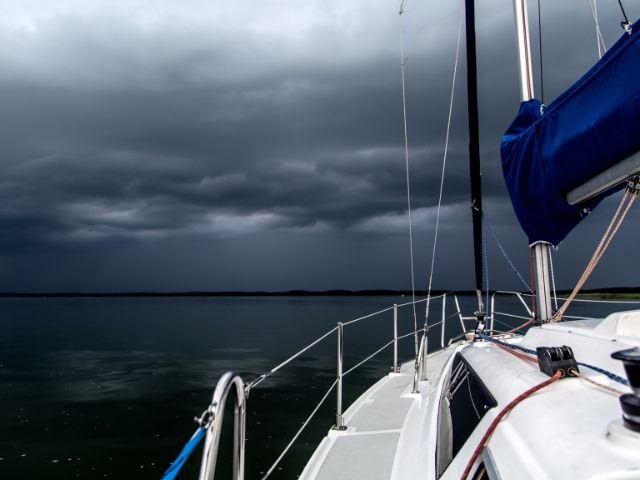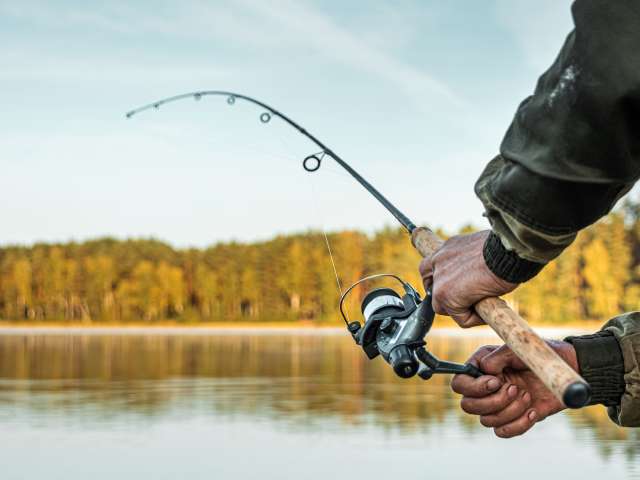Updated: Mar 26, 2024, 6:11 PM | By StateNewsJournal

Venturing out on the water during cold and wet conditions can transform an ordinary boating experience into a challenging adventure that requires preparation and knowledge. Whether you’re an experienced sailor or a recreational boater, navigating in cold and wet weather requires extra layers of caution and readiness.
Let’s look at boating tips for cold and wet weather conditions to keep you safe and prepared on the water.
Dressing appropriately is the first step in preparing for cold and wet weather boating. Layering your clothing is essential, providing insulation while allowing your body to breathe. You should start with a base layer of synthetic material that wicks moisture away from your skin. Wear a fleece or wool layer for insulation on top and a waterproof and breathable outer layer. Don’t forget to protect your extremities with wool socks, waterproof gloves, and a warm hat.
Before setting sail in cold and wet weather, you need to inspect your boat thoroughly. Check for any potential leaks or cracks that could compromise its integrity. Make sure all the necessary pieces of safety equipment, such as life jackets, flares, and a first-aid kit, are on board and in good condition. It’s also wise to have a spare set of warm clothes and blankets in a dry place on your boat.
Keeping an eye on the weather forecast is essential when planning for cold and wet weather boating. Be sure to check the forecast before heading out, and monitor any changes throughout your trip. If strong winds or storms are in the forecast, you should likely postpone your boating excursion for another day.
When navigating in cold and wet conditions, you must plan your route carefully. If possible, avoid open water and stick to sheltered areas. If you must cross open water, check the depth and any potential hazards beforehand. Understanding essential navigation tips for low visibility, such as landmarks and your compass, can also help you stay on course.
Hypothermia is a severe condition that occurs when your body loses heat faster than it can produce it. It’s essential to know the signs of hypothermia and take immediate action if you or anyone else on board exhibits symptoms, such as shivering, confusion, or loss of coordination. If possible, seek shelter and warm up with blankets and hot drinks.
You must have a plan in place in case of an emergency during cold and wet weather boating. Make sure everyone on board knows what to do and where the necessary safety equipment is. It’s also wise to have a means of communication, such as a marine radio or cell phone, in case you need to call for help.
Boating in cold and wet weather conditions requires extra caution and preparation, but it can also be an exciting and rewarding experience. By dressing appropriately, inspecting your boat, monitoring the weather, planning your route, being aware of hypothermia, and having an emergency plan, you can stay safe and enjoy your boating adventure even in less-than-ideal conditions. Always prioritize safety and be ready for any situation while on the water.
24World Media does not take any responsibility of the information you see on this page. The content this page contains is from independent third-party content provider. If you have any concerns regarding the content, please free to write us here: contact@24worldmedia.com


Industries Currently Relying on ....

5 Essential Tips on How To Hurri....

Mistakes To Avoid When You’re ....

The 5 Pieces of PPE Every Constr....

Lake Fishing: Tips and Tricks fo....

The Process Behind Custom Soleno....

Tips for Maintaining an Indoor P....

How To Know if Your Industrial F....